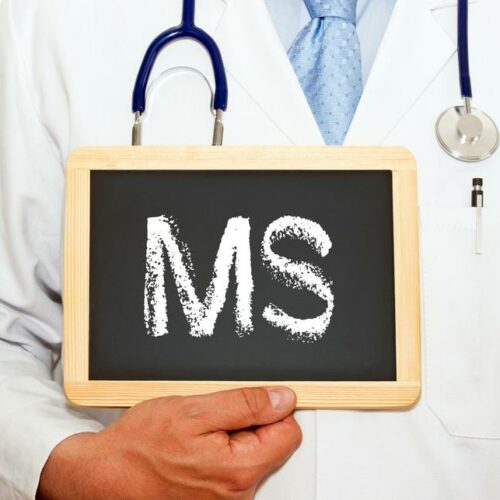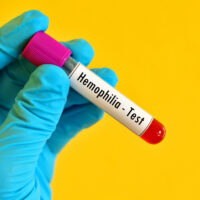Managing relapses and symptoms of multiple sclerosis
Multiple sclerosis relapse is caused due to inflammation in the central nervous system that damages myelin which wraps around the nerve fibers. Due to this damage, transmission of nerve impulses is disrupted and this causes the symptom of MS. Most relapses resolve without treatment. Only in severe cases of relapse which involve loss of vision, poor balance or severe weakness which interfere with the safety and overall ability of the patient, one might need treatment. The neurologist will then recommend treatment with corticosteroids. High dose of intravenous corticosteroids to reduce inflammation would be given. This is a common treatment varying between a three to five-day courses of intravenous corticosteroids. This helps to end the relapse faster. Sometimes it may be followed with a small dose of oral prednisone. It is believed that corticosteroids do not have any long term benefit. Other medication would include a high dose of intravenous Solu-Medrol, high dose oral Deltasone and H.P.Acthar gel. Managing symptoms To manage the symptom of MS a wide variety of medication is used. Along with medication, diet, exercise and a healthy lifestyle are prescribed along with the consultation of a nutritionist. Research shows that a healthy diet, exercise, quitting smoking and preventive care contribute to overall health and have an impact on a person’s MS progression and lifespan.
Read More 










